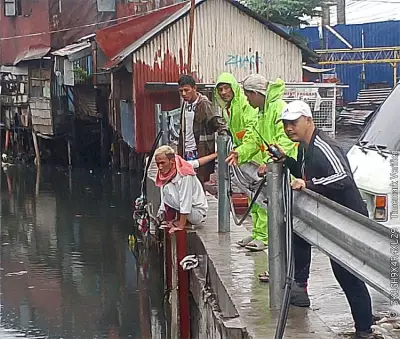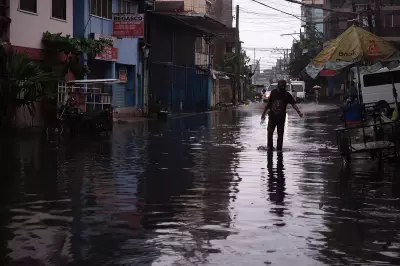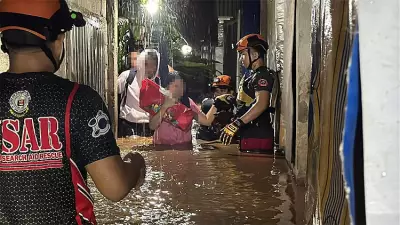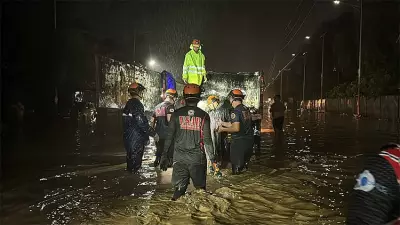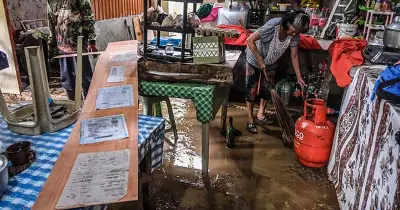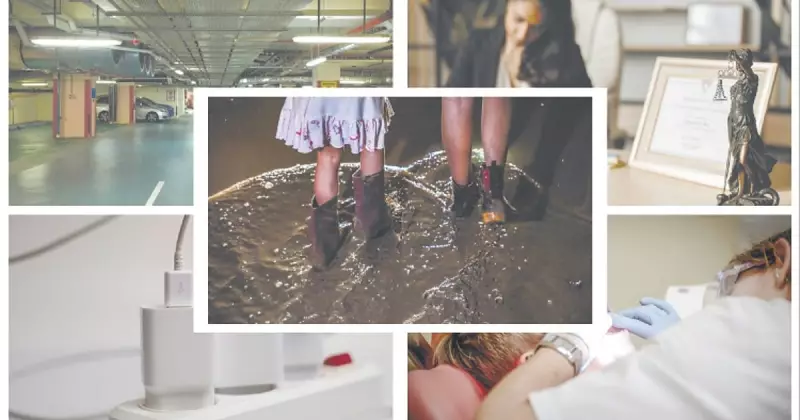
Cebu Rallies Together After Devastating Typhoon
A powerful typhoon that recently struck Cebu has displaced families across both northern and southern districts, revealing the true character of communities when disaster strikes. While resilience is often praised, it was the concrete actions of lawyers, doctors, small business owners, mall workers, and ordinary neighbors that kept communities functioning amid systemic failures.
The typhoon-affected areas of Cebu were reminded that no amount of individual preparedness can guarantee safety when protective structures are fundamentally weak. Those seeking assistance are being directed to check neighborhood resources, barangay halls, and local Facebook community groups where help continues to be offered quietly.
Legal Professionals Step Up with Free Services
Across multiple cities, lawyers immediately offered their expertise without charge. Ems Abano Gocotano provided free notarization for affidavits of loss and car insurance claims at her Lapu-Lapu office. Similarly, Michael Francis Hubahib offered complimentary document drafting and notarization for insurance and lost belongings claims.
Other legal offices joining the effort included Dagatan Law in Talisay City and CDIT Law Offices in Kasambagan, both extending free notarial services to typhoon victims. These represent just a fraction of the legal professionals providing assistance, as many others have offered help without public announcements.
Residents needing legal support are encouraged to contact nearby law offices, barangay assistance desks, or city legal offices to inquire about available free services.
Small Businesses and Major Establishments Provide Essential Support
When Cebu City Mayor Nestor Archival requested charging locations through social media, small businesses responded most rapidly. Juan Silog in Banilad and F. Cabahug branches invited the public to charge devices, requesting only that people bring their own extension cords.
St. Blaise Pet Essentials and Veterinary Services in Talisay City opened their clinic for free device charging as well. These examples highlight how local enterprises have become crucial support networks, with many shops throughout affected areas quietly opening their outlets to the community.
Major mall groups also acted quickly, waiving overnight parking fees, opening shelters, and designating free charging areas. SM Foundation's Operation Tulong Express is currently coordinating nationwide relief efforts and accepting donations.
Beyond commercial establishments, numerous parishes, barangay gymnasiums, community centers, and private buildings have opened their doors for charging, shelter, and rest. Residents should check nearby public buildings or local government advisories, as many temporary services operate based on need without widespread announcement.
Healthcare Services Extend Beyond Emergencies
Medical professionals throughout Cebu have expanded their support beyond immediate emergency care. Almario Dental in Cebu IT Park is offering free dental consultations throughout November. Dr. Ma. Isabel Buscas-Docejo provided free messaging consultations and prescriptions for leptospirosis prophylaxis.
UCMed offered complimentary leptospirosis consultations from November 5 to 7. Those seeking medical assistance should check with local clinics, barangay health emergency teams, or telemedicine groups for additional available services.
From Resilience to Resistance: A Community Transformed
The typhoon left Cebu shaken, but in the following days, the city rediscovered itself through people who showed up for one another. The lists circulating online represent only a fraction of the assistance happening across communities, where most support occurred quietly through neighbors sharing food, strangers offering rides, and barangay kitchens providing warmth.
While resilience helps communities survive, what Cebu demonstrated was genuine care—care born of necessity, care born of frustration, and care rooted in the understanding that if residents don't support each other, no one else will.
This necessity for community self-reliance highlights a deeper problem—people had to step up because they were left with no alternatives. This time, however, Cebuanos are no longer simply rising in silence. A growing movement is demanding accountability, shifting from the traditional #BangonCebu (Rise, Cebu) to #SukolCebu (Fight Cebu, Resist Cebu), signaling a transformation in how communities respond to disasters and governance failures.

